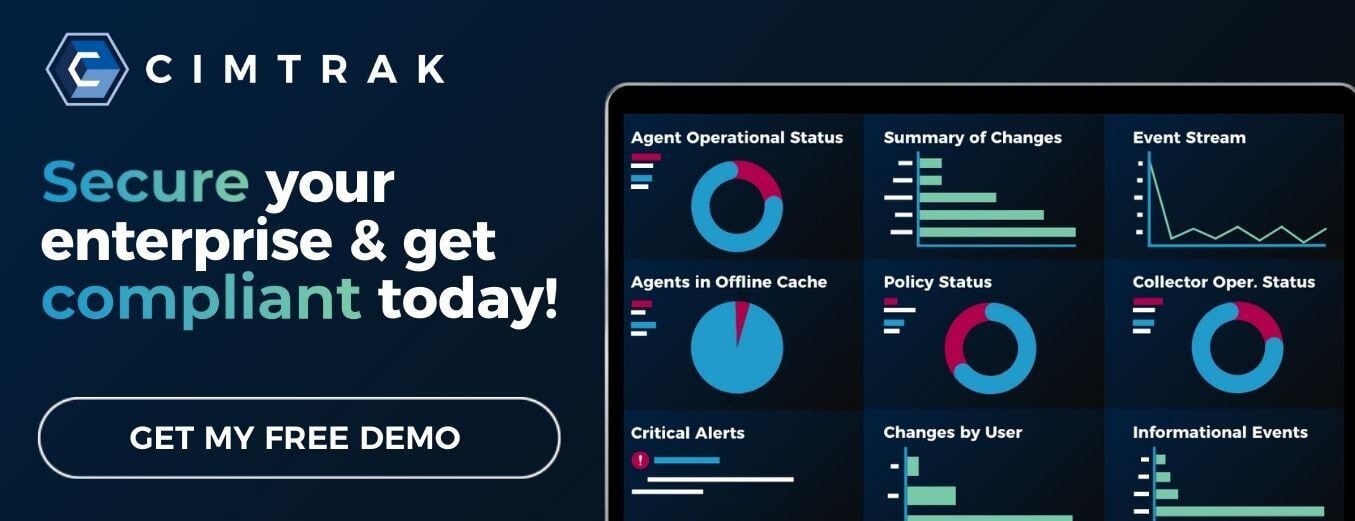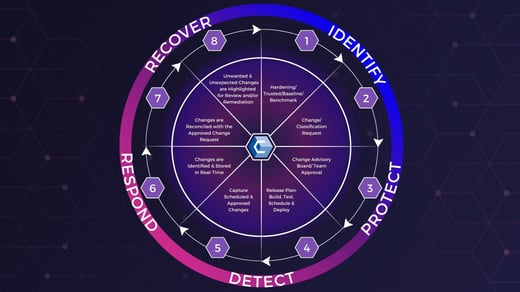In a groundbreaking move, the House Administration Committee, along with the Chief Administrative Officer (CAO) for the House of Representatives, have introduced a comprehensive policy aimed at governing the use of artificial intelligence (AI) within the lower chamber. This policy is a significant milestone designed to foster the secure and effective deployment of AI technologies while addressing cybersecurity risks. The policy, which took effect on August 28, presents a structured approach to assessing and prioritizing AI tools, enabling all House personnel to contribute ideas and technologies.
Framework for a Technological Future
Evolution of AI and Legislative Needs
As artificial intelligence continues to rapidly develop, the need for legislative bodies to establish reliable frameworks to manage its use has never been more critical. Catherine Szpindor, the CAO, emphasized that the policy is built upon a robust framework intended to evolve alongside AI advancements. This adaptable approach is crucial in an environment where technological innovation often outpaces regulatory measures.
Szpindor also highlighted the new policy's dual objectives: safeguarding sensitive information and empowering congressional members and staff to harness AI for better service to the American public. Given the sheer volume of sensitive data the House of Representatives handles, incorporating AI tools without compromising data integrity is a complex but essential task.
Principles and Guidelines of the New Policy
Establishing Guidelines and Assessments for AI Use
The AI Policy outlines specific principles and guardrails designed to govern the responsible use of AI. These guidelines define what is permissible and prohibited, aiming to mitigate risks and promote ethical AI application. By setting clear boundaries, the policy seeks to preempt potential misuse of AI technologies.
Another key component of the policy is its structured process for assessing and approving AI tools. The CAO is tasked with evaluating AI technologies, while the House Administration Committee has the authority to approve them for defined use cases. This systematic approach aims to reduce privacy and security risks associated with AI, ensuring that only vetted tools are utilized.
Implications for House Personnel
Empowering Staff and Members
The new policy is designed to empower House personnel by providing a clear framework for the introduction and use of AI tools. The policy fosters an inclusive environment that encourages technological innovation by involving members and staff in the assessment process. This participatory approach ensures that a diverse range of perspectives is considered when evaluating new AI tools.
Training and Education Initiatives
To ensure the effective implementation of the policy, the House plans to roll out comprehensive training and educational programs. These initiatives will equip staff and members with the knowledge and skills to responsibly leverage AI tools. By raising awareness about the benefits and risks of AI, the House aims to foster a culture of informed and ethical AI use.
Addressing Cybersecurity Concerns
Risk Mitigation Strategies
Cybersecurity is a major concern when deploying AI technologies within legislative bodies. The new policy includes several risk mitigation strategies aimed at protecting sensitive information. These measures involve rigorously vetting AI tools for security vulnerabilities and establishing protocols for their safe deployment.
In addition to initial assessments, the policy mandates ongoing monitoring and evaluation of approved AI tools. This continuous oversight ensures that any emerging risks are promptly identified and addressed. By adopting a proactive approach to cybersecurity, the House aims to maintain a secure environment for AI deployment.
Conclusion
The House of Representatives' new AI policy marks a significant step towards the secure and effective use of emerging technologies within legislative processes. By establishing a reliable framework, the policy not only safeguards sensitive information but also empowers House personnel to leverage AI for better public service. As AI continues to evolve, the adaptive nature of this policy will be crucial in addressing future challenges and opportunities.
How CimTrak Can Help
CimTrak, a next-gen integrity management tool, can significantly bolster the House's efforts to secure AI deployments. By providing robust real-time monitoring and change detection capabilities, CimTrak ensures that any unauthorized changes to critical systems are promptly detected and mitigated. This proactive approach to security aligns with the House's new AI policy, offering an additional layer of protection for both AI tools and sensitive data.
Tags:

October 1, 2024




